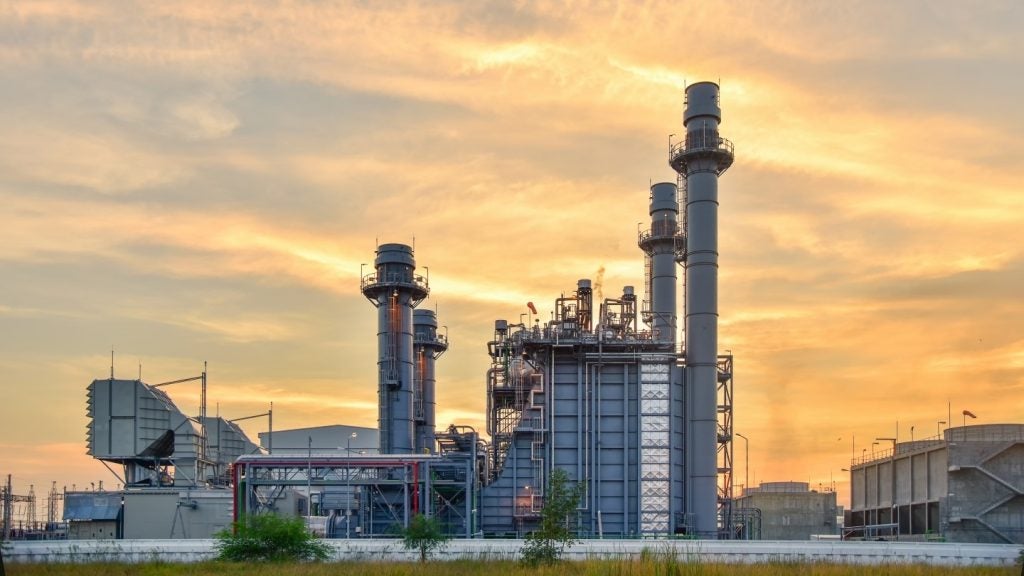Regulators and investors need to scrutinise claims that hydrogen gas will be used widely in methane-fired turbines, according to a new report by IEEFA.
The report, entitled Hydrogen: Not a Solution for Gas-Fired Turbines, stated that electric utilities and project developers have been inadequately describing methane gas-fired power plants as “hydrogen-ready” and “hydrogen-capacity” when there are cost and time-scale issues that have not been addressed.
Supposedly “hydrogen-capable” gas-fired power plants are set to operate almost completely using methane for at least the next ten years, said IEEFA.
“Despite proponents’ claims, the reality is that for at least the next ten years, any ‘hydrogen-capable’ gas-fired power plant is going to operate almost completely, if not completely, using methane,” said Dennis Wamsted, IEEFA energy analyst and author of the report.
The independent think tank therefore called for such projects to be re-evaluated with this in mind, describing hydrogen-methane blending as “years from broad commercial availability”.
Wamsted said: “It is critical that these projects be evaluated on that basis – not some hoped-for, potentially less environmentally damaging fuel that is years from broad commercial availability.”
The report cited Duke Energy’s project to secure regulatory approval for two simple cycle combustion turbine projects near its existing Marshall coal plant and a new combined cycle gas turbine at its Roxboro coal plant site as an example, stating that the utility does not expect to begin using any hydrogen at the units until 2035 despite describing the turbines as “hydrogen-capable”.
Lack of supply is a primary hurdle to the widespread replacement of methane with hydrogen in gas turbines. In the US, around ten million tonnes of hydrogen are produced per year, but most is used by the petrochemical and fertiliser sectors.
In recent years, governments across the world have pushed to increase the proportion of hydrogen in their energy mix. Just last week (29 July), the German government approved its import strategy for hydrogen and its derivatives, expecting national demand for the products to reach 95–130 terawatt-hours by 2030.









